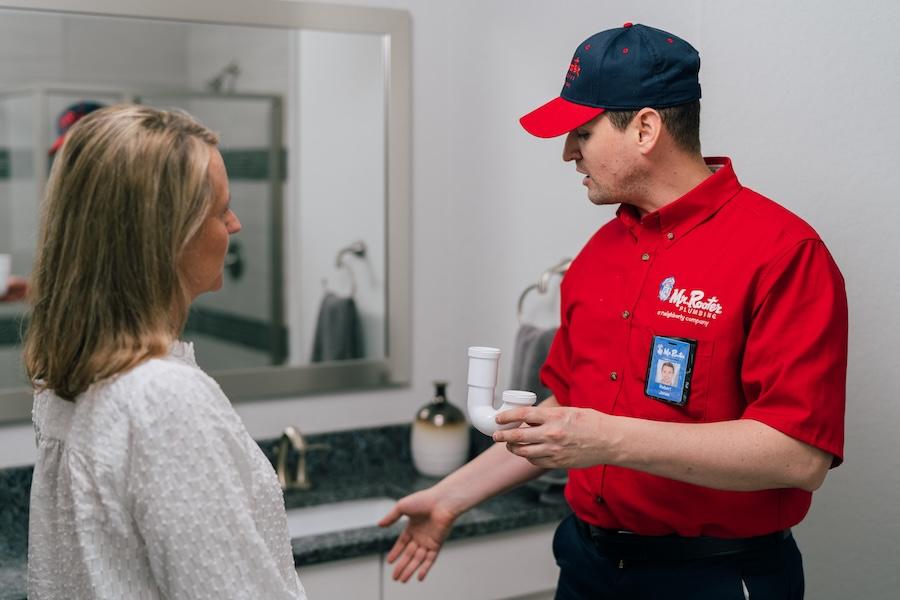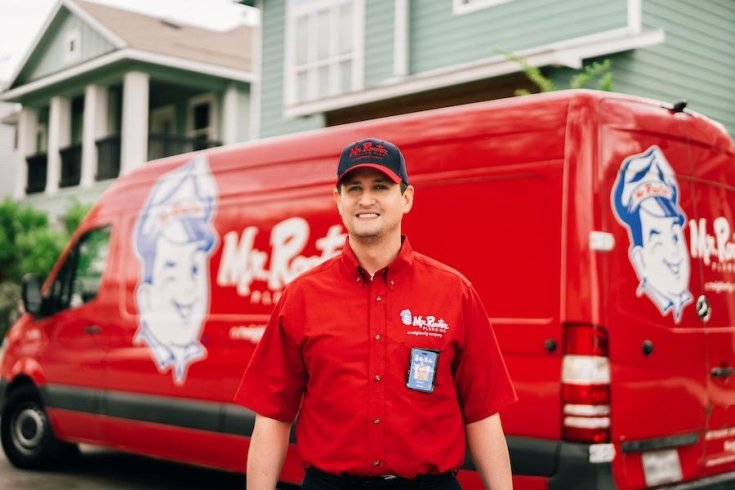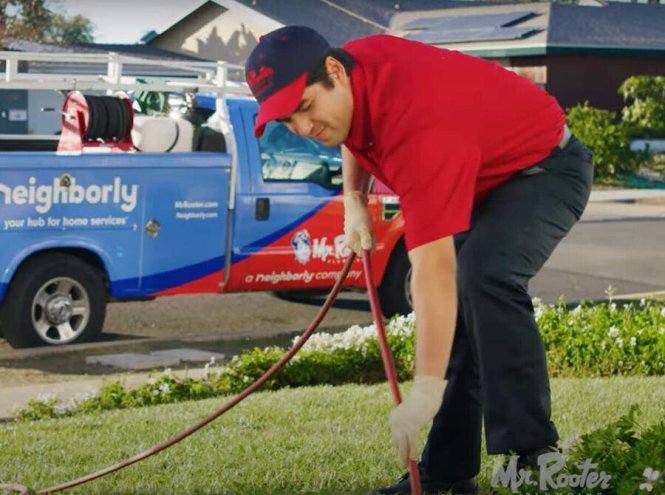You probably don’t think about the plumbing pipes in your home until there’s a problem. It’s understandable because most of them are out of sight and out of mind, running behind walls, under floors, and above ceilings. However, it’s important that you know the types of pipes in your home, their pros and cons, and how to take good care of them.
At Mr. Rooter Plumbing, we are familiar with all types of pipes used in residential, commercial, and industrial properties. If you’re looking to install new pipes in your home, we are the specialists you can trust to get the job done right. Today, our plumbers are giving you a rundown of the common pipes found in homes and how they’re repaired.
Copper has been a popular choice for decades due to its durability, resistance to corrosion, and ability to handle both hot and cold water. While they can last 50 years or more, copper pipes aren’t immune to problems. Over time, pinhole leaks may develop due to corrosion or high water acidity. Fixing damaged copper pipes often involves cutting out the damaged section and soldering in a new piece of pipe. If the corrosion is widespread, call a licensed plumber to repipe your entire home.
Once a common choice, galvanized steel pipes are rarely used in modern construction because they tend to corrode and rust from the inside out. Homes built before the 1960s may still have them. These pipes can cause low water pressure, rusty water, and frequent leaks. Repairs involve replacing entire sections with modern materials. In many cases, a complete repipe is recommended to prevent recurring problems.
Cross-linked polyethylene (PEX) is a flexible, durable, and cost-effective option widely used in newer homes and remodels. Its flexibility makes it easier to install, especially in tight spaces. PEX is resistant to corrosion, scaling, and freezing, but it can be damaged by UV light and rodents. Repairs for PEX pipes are straightforward; damaged sections are cut out and replaced using crimp or clamp fittings. Because PEX is relatively inexpensive, replacement is normally a quick and affordable process. As long as you hire a trusted plumbing repair service, you can expect the repair to be done efficiently with minimal disruption to your home.
Polyvinyl chloride (PVC) pipes are most often used for drain, waste, and vent lines. They are lightweight, easy to work with, and resistant to corrosion. However, PVC can become brittle over time and may crack under extreme temperature changes. PVC pipe repair usually involves cutting out the damaged area and replacing it with a new PVC section using solvent cement to create a watertight seal.
Chlorinated polyvinyl chloride (CPVC) pipes are similar to PVC but are designed to handle higher temperatures. This makes them suitable for hot water lines. They are resistant to corrosion and chemical damage but can become brittle with age. Like PVC, repairs involve replacing the damaged portion with new CPVC pipe and securing it with solvent cement.
Many older homes still have cast iron pipes for drainage systems. Known for their strength and sound-dampening qualities, these pipes can last for decades. However, they are prone to rust and corrosion over time, leading to leaks and blockages. Repairs may involve cutting out damaged areas and installing new cast iron or switching to PVC for better long-term performance.
Need Professional Pipe Repair Service? Get in Touch with Mr. Rooter Plumbing
Have you noticed signs of pipe damage in your home? Feel free to contact the plumbers at Mr. Rooter Plumbing. Perhaps you’re getting discolored water out of your taps, indicating a broken water pipe. Or maybe there are unusual noises coming from your pipes. Our team of plumbers are equipped with top-of-the-line diagnostic tools to identify all kinds of pipe problems and provide reliable solutions.






.webp)
